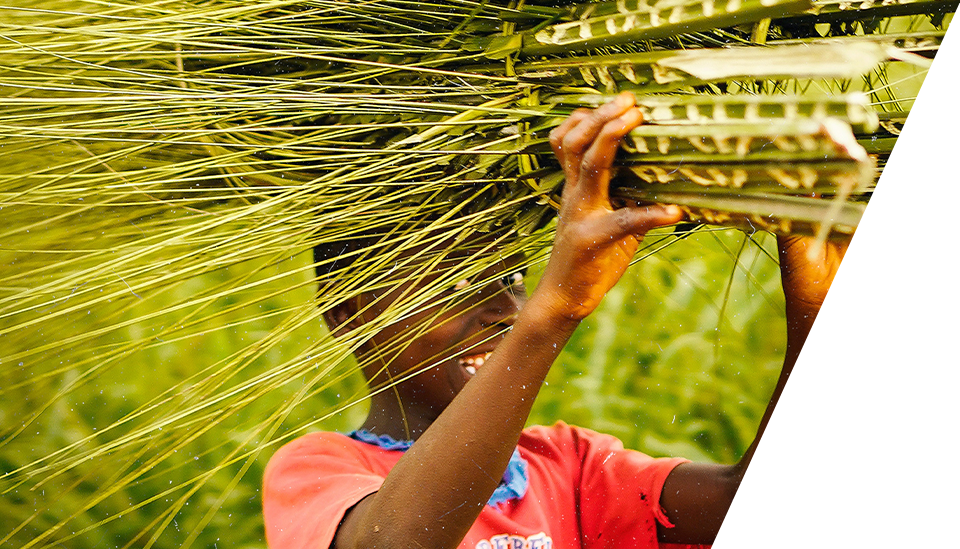Farmers and SMEs to Attend FAO Regional Biotech Conference in Addis Ababa
The International Agri-Food Network (IAFN) is proud to be supporting seven farmers and SME representatives to attend the FAO Regional Meeting on Agricultural Biotechnologies in Sustainable Food Systems and Nutrition in Sub-Saharan Africa. The conference will take place in Addis Ababa, Ethiopia, from November 21st – 24th, 2017.
These seven extraordinary individuals are:
- Daniel Kamanga, Director for the Communication Program at Africa Harvest Biotech International Foundation in South Africa. Daniel has helped Africa Harvest to develop extensive media networks in Africa to facilitate the public’s acceptance of biotech across the African continent.
- Ruramiso Mashumba, Executive Director of Chomwedzi Farm and founder of Mnandi Africa in Zimbabwe, an initiative that provides skills development, market access, and agro-technology services, with a focus on celebrating indigenous grains.
- Francis Wanjohi, Chairman at the Agricultural Biotechnology Awareness Association in Kenya, a non-profit founded by agricultural biotechnology professionals to educate the public about the great opportunities in biotech.
- Bransford Owusu, a smallholder farmer from Ghana and a member of the Global Farmer Network.
- Gideon Mugo Makanga, a farmer from Kenya and leader of the Integrated Community Organisation for Sustainable Education and Empowerment for Development (ICOSEED), a community-based non-profit that works to enhance sustainable community livelihoods.
- Gilbert Arap Bor, a lecturer at Catholic University of Eastern Africa and manager of a farming cooperative in Western Kenya. He is also a member of the Global Farmer Network and frequently writes articles published in local and international media.
- Peter Wamboga-Mugirya, a leader at The Science Foundation for Livelihoods and Development (SCIFODE) in Uganda, an organisation that exists to harness the benefits of science and technology for development impact.
These seven people will be among the 80 non-state actors who were selected by the FAO Regional Office for Africa to attend the conference. The delegates will have the opportunity to attend sessions on such topics as “Public-Private Partnerships and South-South Cooperation Involving Biotechnologies,” “Biotechnologies to Enable Smallholders to Adapt to Climate Change,” “Food Safety, Post-Harvest, and Agroprocessing: The Role of Biotechnology,” and many more (see the full programme here).
It is easy to agree that farmers and representatives of agricultural SMEs should have their voices heard at regional and global conferences, but the logistics of doing so – sourcing financial assistance for travel, receiving visas, devoting time outside of normal farm or business operations, and more – are often so challenging that meetings about the future of food sometimes take place without a single farmer in the room. It is therefore an exciting accomplishment to send this geographically and professionally diverse delegation to represent the private sector at a conference of immense relevance to the pursuit of SDG2: to end hunger and malnutrition in all their forms.

